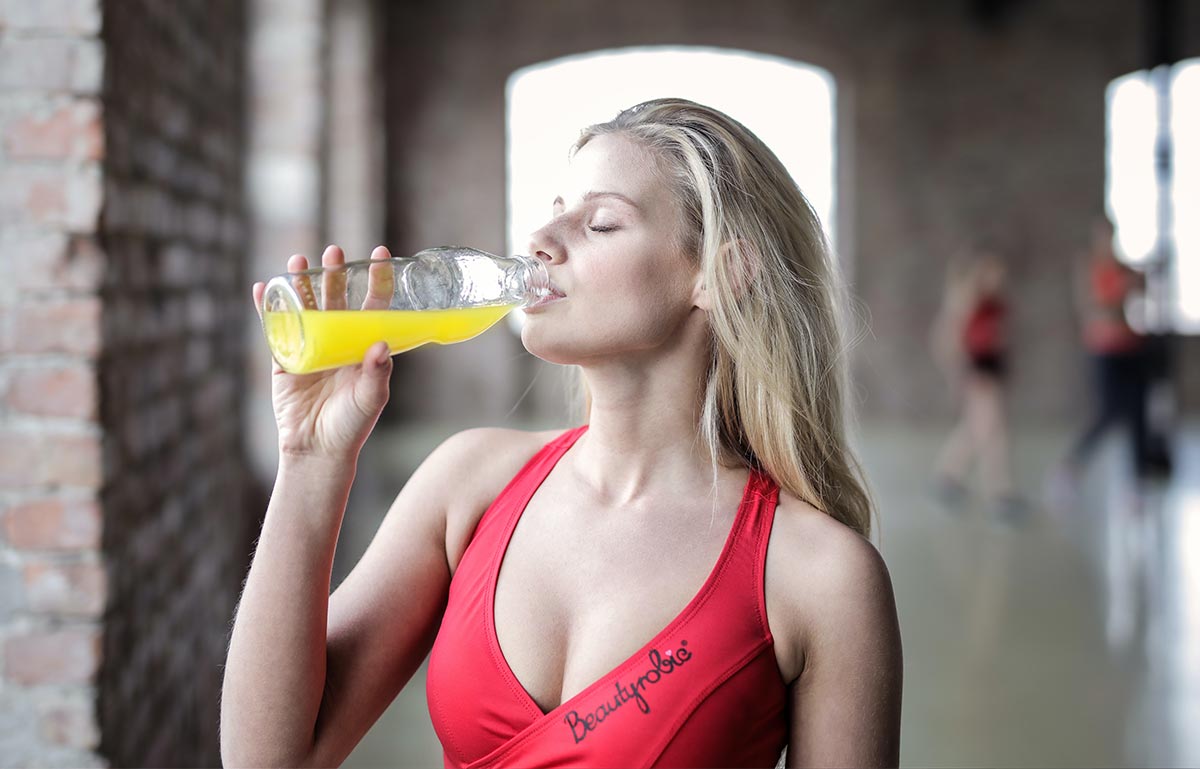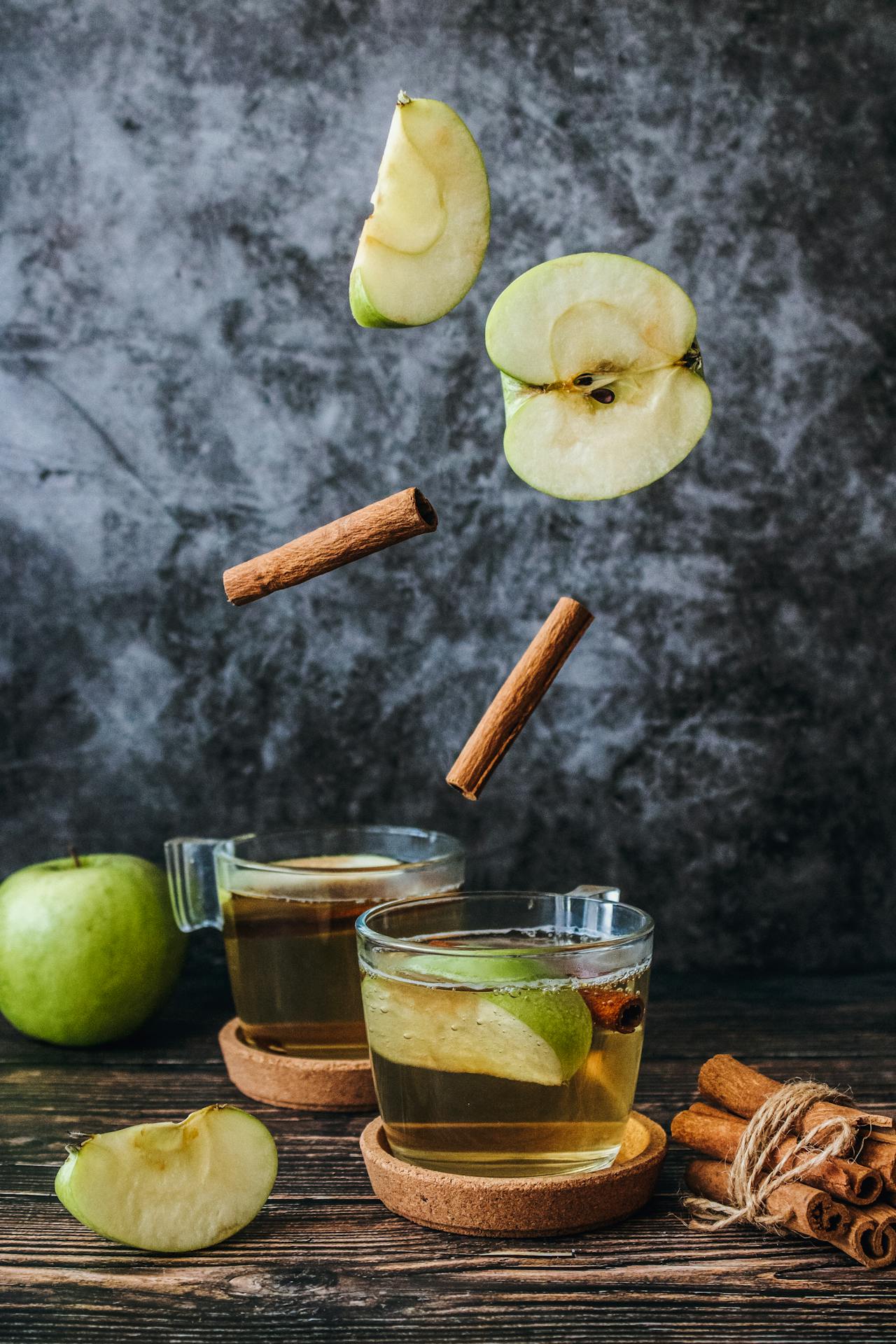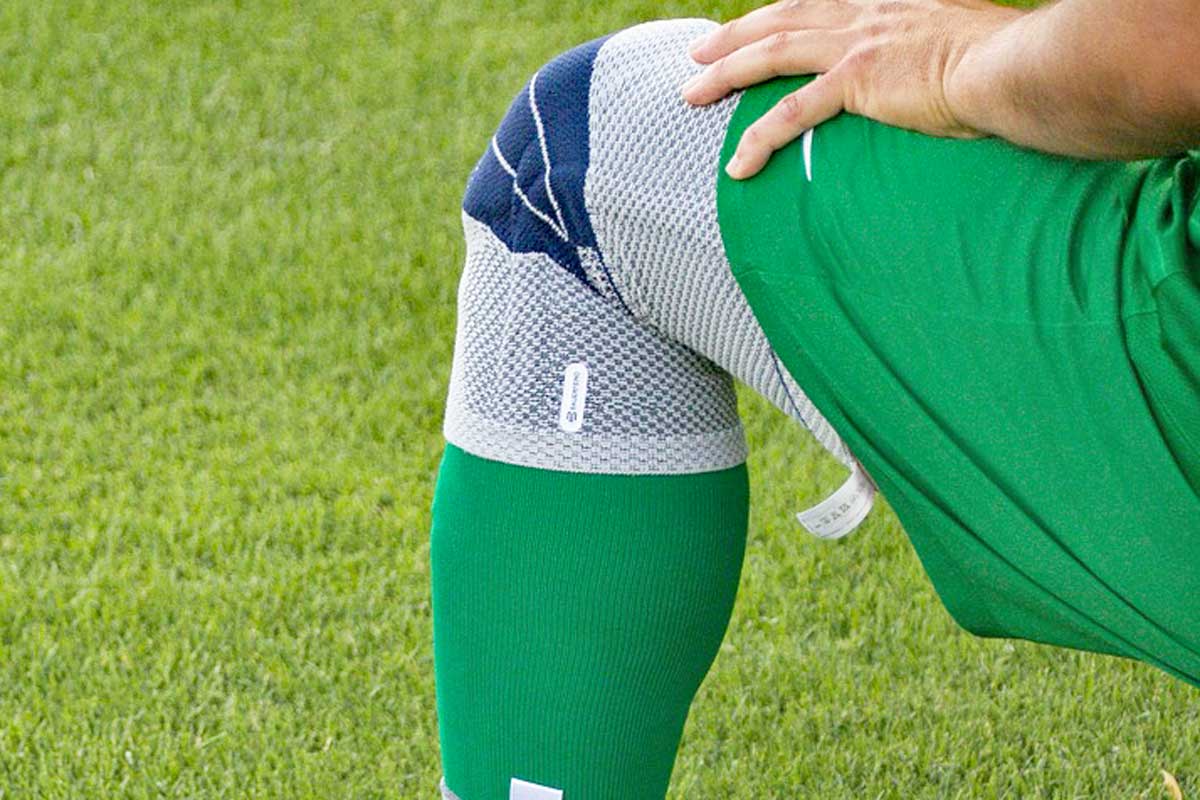Urine Comes From the Blood: The Unromantic Truth
Urine comes from the blood. It may not sound glamorous, but it is pure, unfiltered biology—and it matters more to your fitness routine than your new protein powder. Every time you drink water, eat watermelon, or slurp a protein shake, you're not just satisfying thirst. You're fueling your bloodstream.
That liquid flows through your digestive tract, gets absorbed in the intestines, and ends up in your blood. And from there? Your kidneys get involved. They filter the liquid fraction of your blood, keeping what your body needs and sending the excess straight to your bladder. Yes, that clear stream after leg day? It was your blood—just recently.
Why Fitness Enthusiasts Should Care
If you're pushing your body, hydration is not optional. Blood volume matters. Dehydration shrinks the liquid part of your blood, thickens what's left, and forces your heart to pump like a caffeinated hamster to keep up. Endurance drops. Recovery slows. Muscle performance tanks. Without enough fluids, you're setting your gains on fire—and not in a good way.
Hydration Sources: It Isn't Just Water
Water is king, but it's not the whole royal family. Fruits, vegetables, tea, shakes, and even soups contribute to your hydration status. Ignoring these is like counting macros but forgetting your total calories. Especially for fitness athletes, smart hydration goes beyond chugging water bottles between sets.
| Hydration Source | Approximate Water Content |
|---|---|
| Watermelon | Over 90% |
| Cucumber | 96% |
| Oranges | 87% |
| Protein Shake | 80 - 95% |
| Tea | Over 90% |
| Soup (broth-based) | Over 90% |
How Much Fluid Do You Really Need?
Your hydration requirements depend on your size, sweat rate, environment, and how hard you go at the gym. General recommendations suggest 2.5 to 3 liters of fluids daily for moderately active people. But fitness athletes? You sweat, you lift, you hustle—expect to need 4 to 6 liters or more, especially in hot climates or intense sessions. If you're waiting until you're thirsty, you're already behind.
| Activity Level | Recommended Fluid Intake |
|---|---|
| Moderately Active | 2.5 - 3 Liters/Day |
| Regular Training | 3.5 - 4.5 Liters/Day |
| Intense Training/Hot Weather | 4.5 - 6+ Liters/Day |
| Endurance Athletes | Up to 7 Liters/Day |
Electrolytes: The Hidden Hydration Factor
It's not just about water volume—electrolytes matter. Sodium, potassium, magnesium, and chloride keep your nerves firing and muscles contracting. Lose them through sweat, and you're heading for cramps, fatigue, and a performance nosedive. Replacing them through diet or supplements is non-negotiable if you're serious about your fitness game.
Urine Color: Your Built-In Hydration Tracker
Forget expensive tests—just peek in the toilet. Pale yellow? Hydration is solid. Dark yellow or amber? You're behind. Completely clear? You might be overdoing plain water without electrolytes. The color test isn't perfect, but it's free, instant, and brutally honest.
Hydration and Muscle Definition: The Truth Behind the Veins
Hydration makes your muscles look full, firm, and defined. Dehydration flattens them like a sad pancake. Some misguided athletes dehydrate before competitions to "look lean," but all they achieve is performance loss, reduced endurance, and higher injury risk. Real muscle definition starts with smart hydration—not dangerous water cuts.
Brain Performance: Hydrate or Hesitate
Even mild dehydration slows your reaction time, clouds your decision-making, and leaves your brain operating like it's on sleep mode. For fitness enthusiasts, that translates to sloppy technique, slower lifts, and bad calls under pressure. Keep your brain sharp by keeping your blood volume up.
Hydration and Recovery: The Overlooked Connection
Recovery isn't just about protein shakes and foam rolling. Without proper hydration, your muscles, tendons, and joints recover slower. Inflammation lingers. Soreness sticks around like an unwanted house guest. Want faster recovery? Respect your fluid intake as much as your post-workout nutrition.
The Bottom Line: Blood, Urine, and Peak Performance
Your blood is your internal performance highway. Urine? It's just the byproduct of your body's hydration management. Ignore this biological process, and your fitness suffers — period. Prioritize fluids, track electrolytes, respect your body's signals, and you'll lift more, recover faster, and perform better inside and outside the gym.
Scientific References:
- Cheuvront SN, Kenefick RW. Dehydration: Physiology, assessment, and performance effects. Comprehensive Physiology. 2014;4(1):257-285. DOI: 10.1002/cphy.c130017
- Sawka MN, Coyle EF. Influence of body water and blood volume on thermoregulation and exercise performance in the heat. Exercise and Sport Sciences Reviews. 1999;27:167-218.
- Popowski LA, Oppliger RA, Lambert GP, Johnson RF, Johnson AK, Gisolfi CV. Blood and urinary measures of hydration status during progressive acute dehydration. Med Sci Sports Exerc. 2001;33(5):747-753.
- Judelson DA et al. Hydration and muscular performance: Does fluid balance affect strength, power and high-intensity endurance? Sports Med. 2007;37(10):907-921.
- Shirreffs SM. Markers of hydration status. J Sports Med Phys Fitness. 2005;45(3):320-328.













